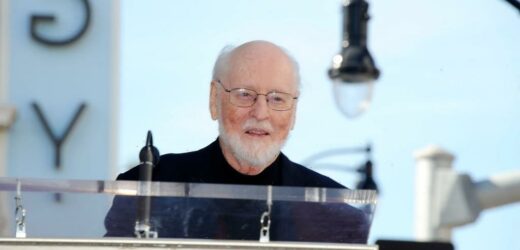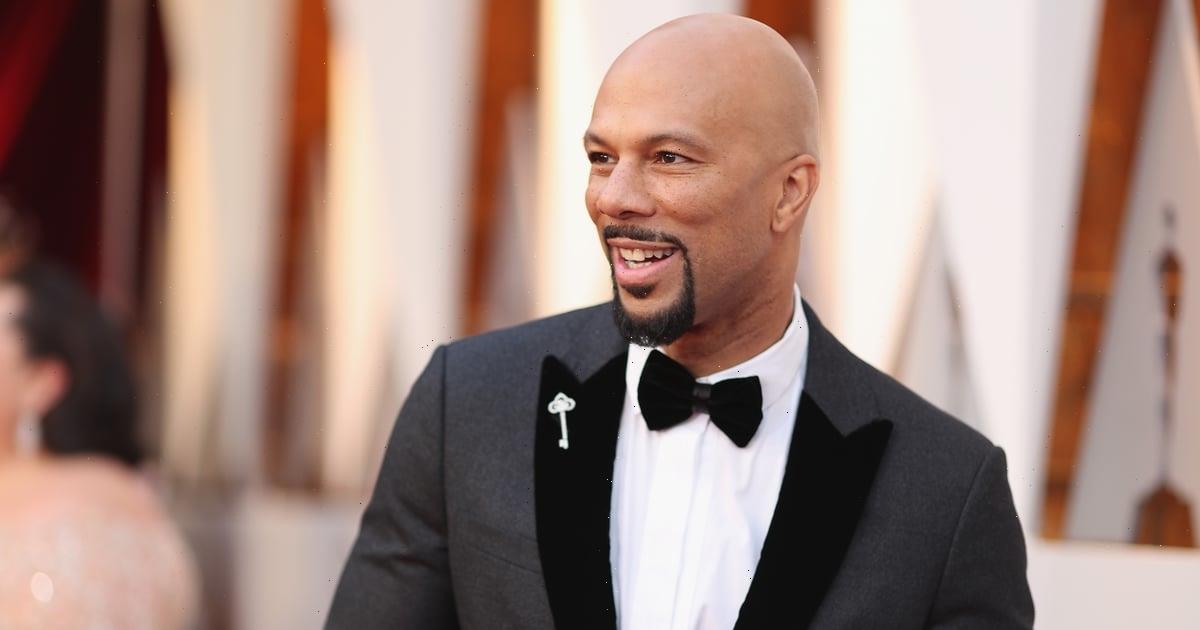“The Fabelmans” music is up for an Oscar and the score for “Indiana Jones 5” is completed, but 91-year-old John Williams is far from retired. He is mulling new concert works for leading classical soloists and preparing for a series of conducting gigs in the coming months that will take him from Chicago to Tokyo.
Williams celebrated his birthday on Feb. 8 quietly, just dinner with his wife and daughter, he tells Variety in a rare interview. “When you finally get to be 90, you think, ‘This is great, I made it.’ It’s wonderful. I recommend it to everybody.”
Nonagenarian status hasn’t slowed down the five-time Academy Award winner, who is on his 53rd Oscar nomination for Steven Spielberg’s film about his childhood and the trauma of his parents’ divorce. It’s their 29th film together, and three of his five Oscars are for Spielberg films (“Jaws,” “E.T.,” “Schindler’s List”).
“I felt like I was being invited into an inner-family, close-circle discussion of their lives together,” Williams says of the film. “The fact that Steven was dealing with something so personal, combined with the fact that I knew them both,” referring to Steven’s parents Leah and Arnold Spielberg, who frequently attended recording sessions for Spielberg scores.
Williams recalled Leah Spielberg being present at the “Jaws” sessions in 1975. “She used to take Steven to Philadelphia Orchestra concerts when he was a boy, and the concertmaster of the Philadelphia Orchestra at that time was a man named Jacob Krachmalnick.
“Krachmalnick left the orchestra and came to L.A. to do some freelance work,” Williams remembered, “and Leah Spielberg came in and there was Krachmalnick sitting among the first violins. She was more impressed by the fact Professor Krachmalnick was playing violin in her son’s orchestra than anything I did,” he adds with a laugh.
Williams says he’s not sure how knowing the real Spielberg parents might have influenced his music for their fictional counterparts in “The Fabelmans.” His theme needed to be “something very gentle, very nostalgic, hopefully a little bit healing,” he says, suggesting that this wistful music could represent the boy’s point of view.
“The scale of this film, and the intimacy of it, didn’t seem like it would hold a full-scale orchestra score,” he added, explaining the quiet nature of much of the music. Los Angeles Philharmonic pianist Joanne Pearce Martin can be heard playing that theme, as well as the several classical pieces by Bach, Haydn, Satie and others being performed on-screen by Mitzi (Michelle Williams), a classical pianist like Leah.
Williams shared his amusement at a recent moment involving Judd Hirsch, who is Oscar-nominated as Uncle Boris in “The Fabelmans.” Hirsch ran into Williams at an event and asked “what is the music in my scene?” Williams explained that there was no music in those scenes, and Hirsch immediately turned to a passerby to say “See, he thinks my scene was so good it didn’t need music!”
The composer finished recording the score for “Indiana Jones and the Dial of Destiny” on Feb. 10 and, while he suggested last summer that the final Harrison Ford adventure would be the last of his 100-plus film scores, that’s not quite the truth.
“I might have meant that at the moment,” he says with a smile, “but you never want to say no unequivocally. If Steven or another director should come along with something that is so moving that you want to drop the phone and rush to the piano and have it all come out — should that happen, with the appropriate energy needed to do it, I wouldn’t rule out a situation like that.”
Recording for the final “Indiana Jones” film – and three of the previous editions, starting with 1981’s “Raiders of the Lost Ark,” were Oscar-nominated for their music – began last June 28, and has continued off and on since then.
“It’s certainly got to be an hour and a half of music, maybe more,” Williams estimates. “But I’m quite happy with it. There’s a lot of new material. The old material works very well as a touchstone of memory, but I had great fun, and I have a theme that I’ve written for Phoebe Waller-Bridge, the wonderful actress.” She plays Helena Shaw, reportedly Indy’s goddaughter.
Williams introduced her theme last summer at the Hollywood Bowl at the suggestion of director James Mangold. “And I enjoyed doing it last week with the San Francisco Symphony with [violinist] Anne-Sophie Mutter, who I arranged it for, for that concert. And I think I’ll play it in Chicago next month.”
The composer praised the script and performances of both Ford and Waller-Bridge in the film, which opens June 30. “Harrison is wonderful in it. He looks great, he moves beautifully. The best part of it for me is the writing and the interplay of dialogue between Harrison and Phoebe, like the old-style Hepburn-and-Tracy kind of bickering. It’s witty and bright and snappy, like a duet that goes on for two hours.”
The “Indiana Jones” scores, Williams notes, “are unified by Indy’s theme, and the general style of the film, which is in my mind a kind of action-comedy, because you never take the action seriously. It’s certainly a swashbuckling affair from beginning to end, fashioned more like movies of the ’30s and ’40s where the orchestra is racing along with the action, which you wouldn’t do in contemporary films very much.”
He liked working with Mangold, who he described as “ebullient” and “a lovely man. He’s done a very, very expert job on a very difficult kind of film to make.”
While there are no more features on Williams’ docket, he’s still writing music. He is planning a concerto for pianist Emanuel Ax, which he plans to start “almost immediately,” and what he expects will be a “lyrical and atmospheric piece” for cellist Yo-Yo Ma, a favorite collaborator from years past. Mutter continues to play Williams’ new violin concerto in her own concerts.
And Williams continues to conduct major orchestras around the world. Over the past year and a half he has conducted the Berlin Philharmonic, Vienna Philharmonic and Milan’s Filarmonica della Scala. His 2023 calendar includes performances with the Chicago Symphony, New York Philharmonic, his usual summer appearances with the Los Angeles Philharmonic and the Boston Pops, and a pair of performances in Tokyo and Matsumoto in Japan.
“I never had the ambition or the hope that I would conduct the Berlin Philharmonic or the Vienna Phil, or Milano for that matter,” he says. “For me, it’s just been the honor of a lifetime, to go before any one of these, do a program of my own music, and have it played beautifully and appreciated by audiences.”
Read More About:
Source: Read Full Article


